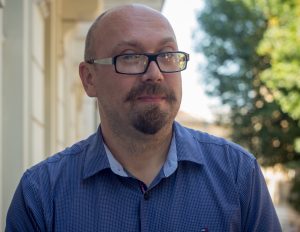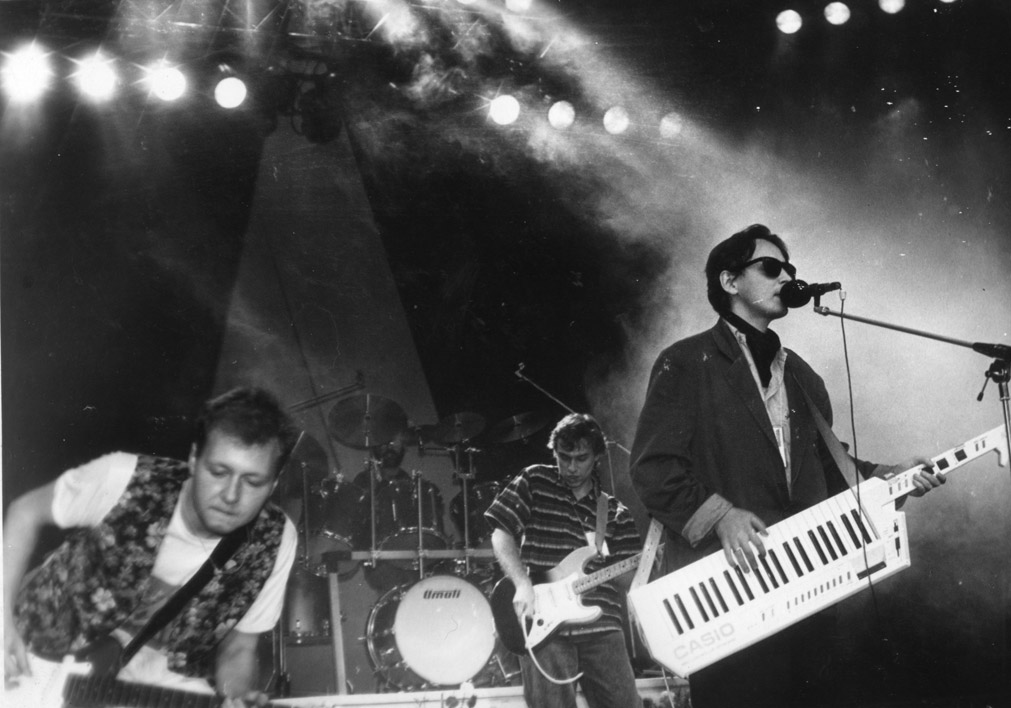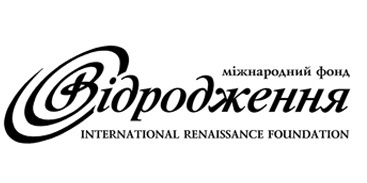Between a Soviet City and a Galician Village: Lviv Rock in the 1980s and Its Hybrid Vision of Galicia
Bohdan Shumylovych
Center for Urban History14.10.2016
Kharkiv, Art Area "ДК" Chernyshevskoho str., 13
Rock culture in Soviet Lviv was born in the late 1960s and had different manifestations, from almost official "ensembles" to the alternative hippy bands. The milieu was mostly transnational but it was consolidated by the common things, such as Lviv, Galicia, and love for music. Another thing many authors and bands shared was that they were not able to create any interesting, genuine and alternative (i.e. non-Soviet) product in Ukrainian. After Perestroika was declared in the mid-1980s, music stopped being a prohibited art and a rock club was established in the city. There, a rock band was created that managed to de-colonize popular Ukrainian music from the tenets of ethnographism, rural aesthetics and clichés of the Russian rock. It was an urban culture that went ironical about its own "village" alter ego, the culture that was capable of transforming not only Galicia, but the entire Ukraine.

Bohdan Shumylovych
is a historian, director of the ‘Urban Media-Archive’ at the Center for Urban History in Lviv. He studies popular culture during late Socialism.
Lecture was held as a part of the lecture and discussion program of the cultural forum "PogranKult: GaliciaKult" and supported by the International Renaissance Foundation.
Credits
Сover Image: Serhiy Kuzminsky. "Braty Gadiukiny' ("The Viper Brothers")

